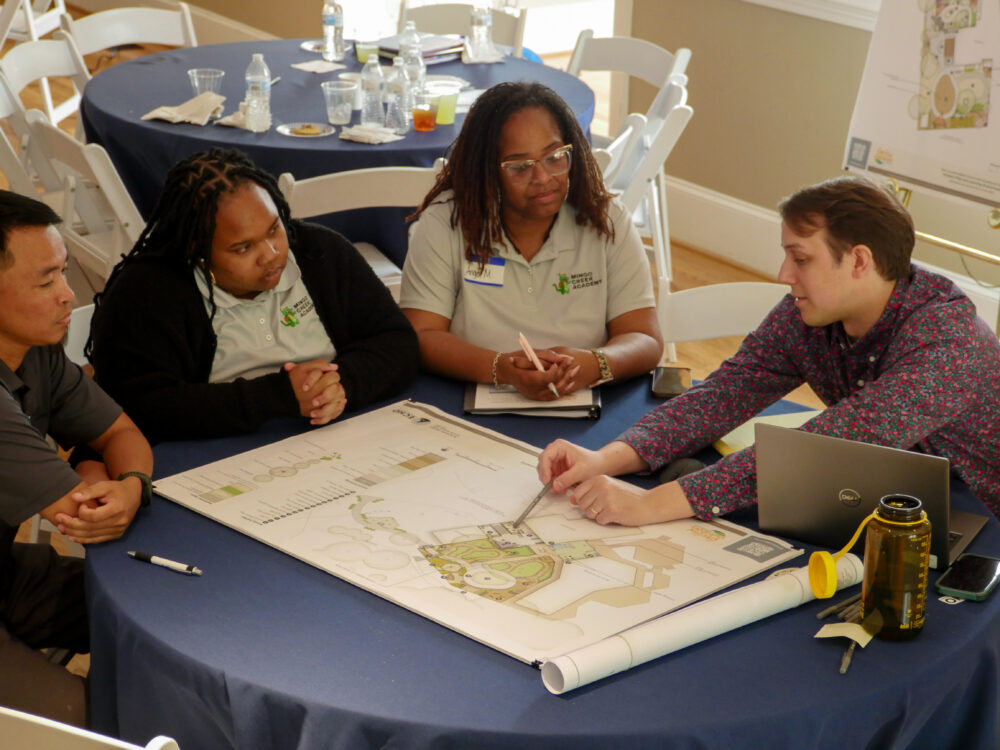We have much more to do and your continued support is needed now more than ever.
7 Reasons to Support the Recovering America’s Wildlife Act
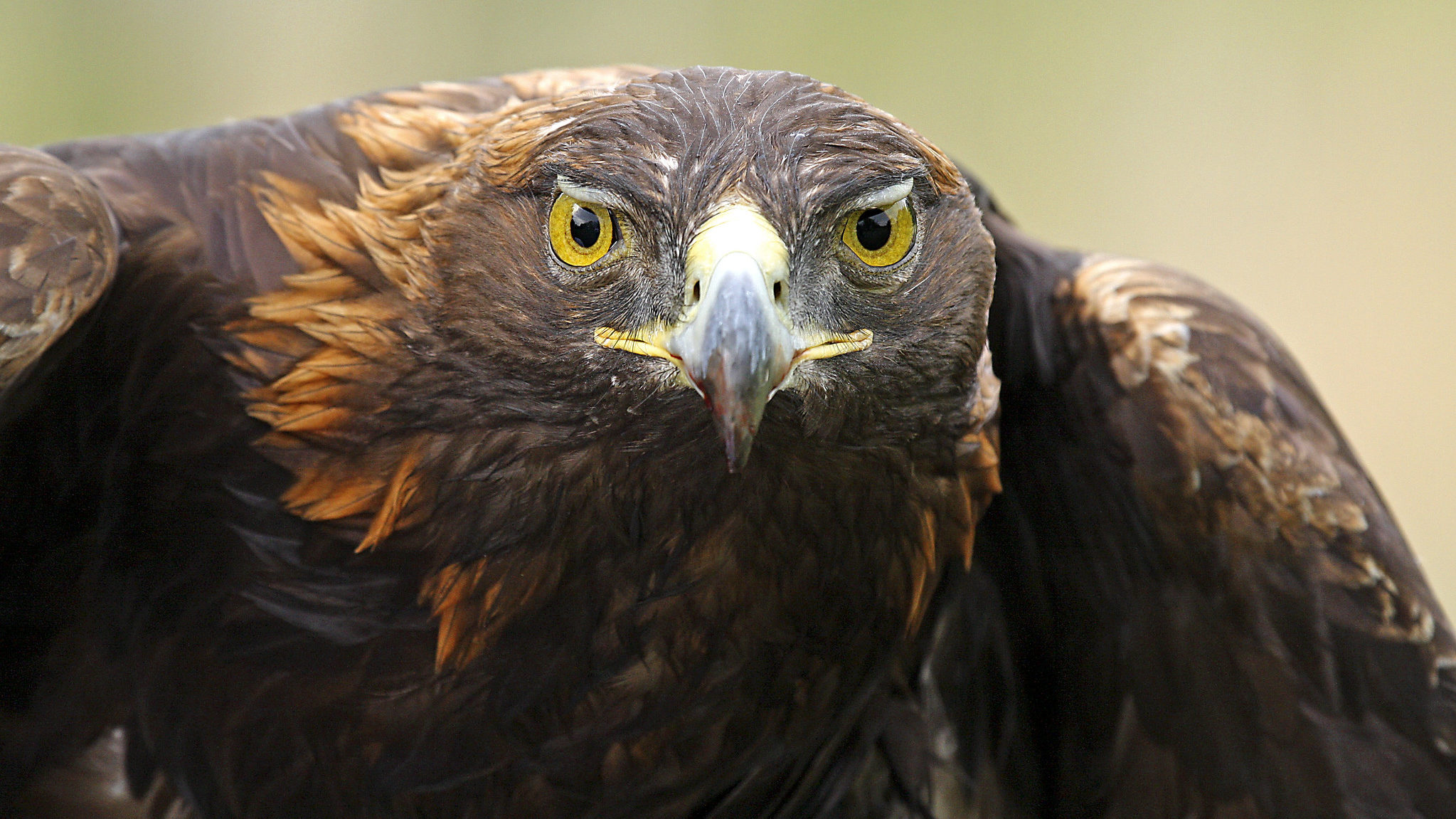
The alarm bell is sounding for America’s wildlife species. Eastern monarch butterfly populations are declining sharply. In Florida, hundreds of manatees have already died this year. In fact, a recent analysis found that more than one-third of America’s wildlife are at some level of increased risk of extinction.
A groundbreaking bipartisan bill, just introduced in Congress, aims to address this looming wildlife crisis before it’s too late, while creating sorely needed jobs.
#1 — Helping protect wildlife for future generations
The states have identified 12,000 species that need action so we can protect our wildlife heritage. Species of concern are found in every kind of habitat and among all major groups of wildlife — from monarch butterflies to mountain lions.
The Recovering America’s Wildlife Act will provide $1.4 billion dollars annually to fund efforts to help these species so we can ensure our children and grandchildren can see them in the wild instead of on a list of extinct species.
#2 — Putting people to work, creating more than one hundred thousand jobs annually.
Recovering wildlife is labor-intensive. Whether it is replanting native grasslands, removing invasive species, restoring waterways, breeding at-risk wildlife to prevent extinction, or researching emerging diseases, the efforts funded by the bill will translate into good-paying jobs.
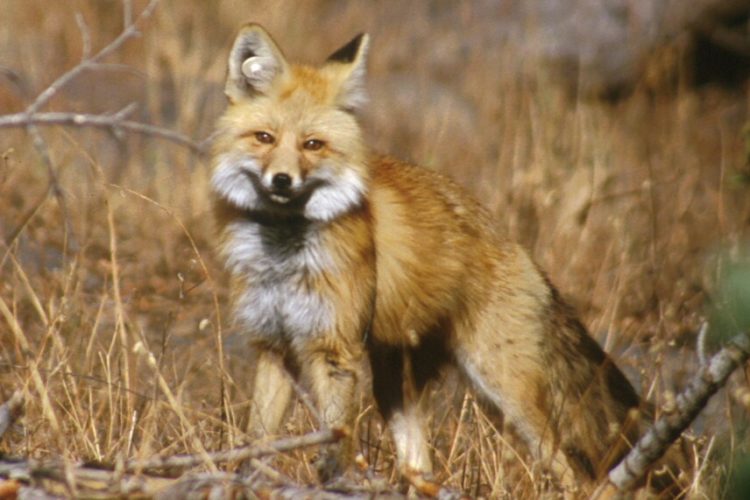
#3 — Funding Tribal wildlife conservation programs
From the Eastern Shoshone Tribe’s efforts to return native bison to the Wind River Reservation in Wyoming to the Eastern Band of Cherokee Indians’ efforts on behalf of brook trout in North Carolina, many Tribes have long had innovative conservation programs. The bill will finally recognize and provide consistent funding for the Tribes’ wildlife conservation programs.
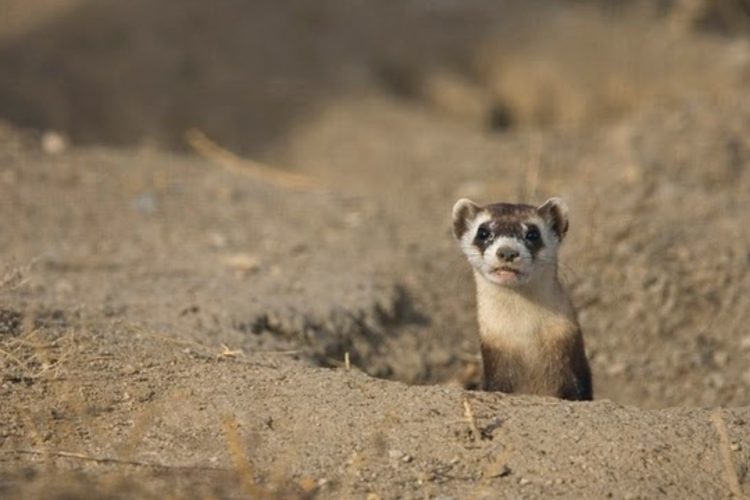
#4 — Making communities more resilient
Restoring grasslands for meadowlarks improves water quality. Protecting wetlands for Blanding’s turtles prevents flooding. Managing forests for elk prevents out-of-control wildfires. Replenishing sand dunes for least terns protects coastal communities. These are just a few of the ways that saving wildlife saves ourselves.
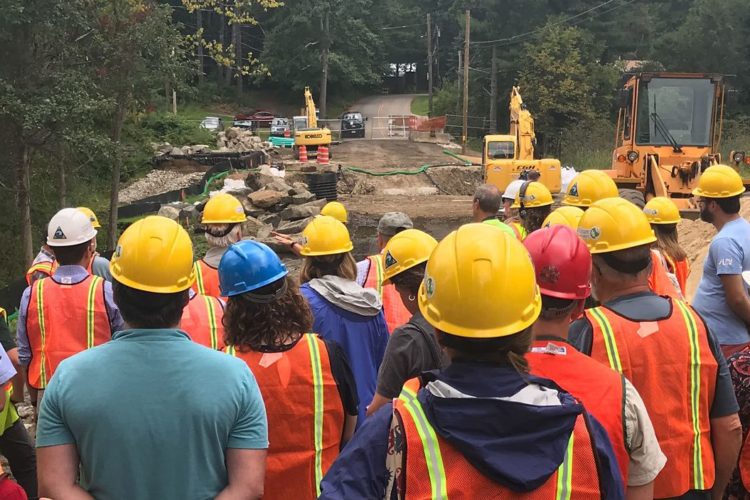
#5 — Providing additional funding for endangered species
The Endangered Species Act is our nation’s best tool to prevent species from sliding into extinction, but it has long been underfunded. The Recovering America’s Wildlife Act provides additional funding for endangered wildlife—while helping prevent additional species from declining to the point where they need the “emergency room” of federal protections.
#6 — Diversifying the funding stream
For decades, the vast majority of wildlife conservation projects in this county have been funded by the licenses and specific taxes paid by hunters and anglers. But with so many species now at risk, it is time to broaden the base of support for wildlife restoration.
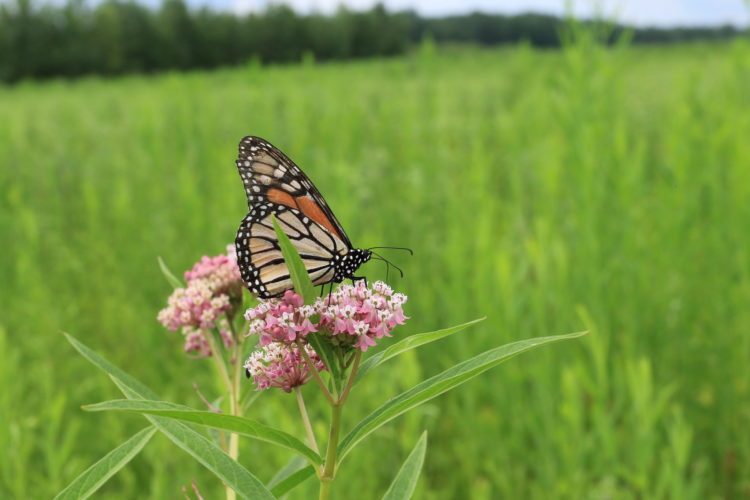
#7: Providing an opportunity for the parties to reach across the aisle
The bill is being championed in Congress by Representatives Dingell (D-Michigan) and Fortenberry (R-Nebraska). Last session, the bill garnered 185 cosponsors, with strong representation from both sides of the aisle.
Now is the time to recover our nation’s wildlife. Please help our nation’s most vulnerable species by asking your House Representative to co-sponsor the Recovering America’s Wildlife Act today.
CONTACT YOUR REPRESENTATIVE CONTACT YOUR SENATOR



















